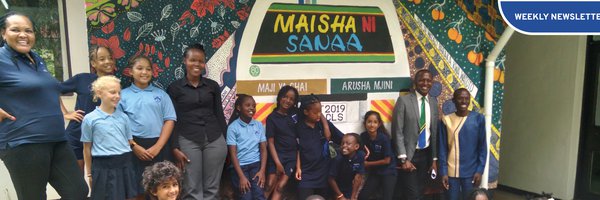
The Power of Learning Swahili
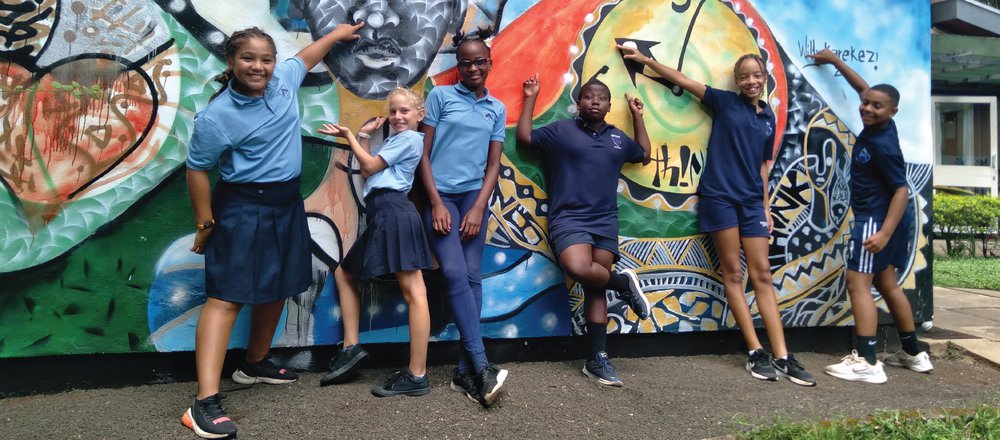
7th March 2024
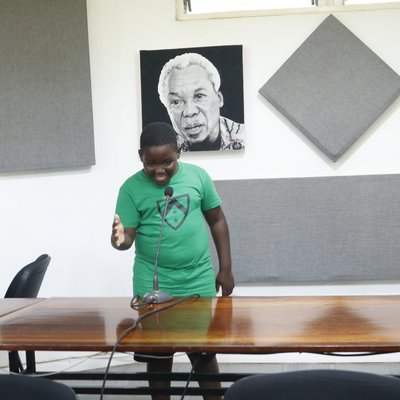
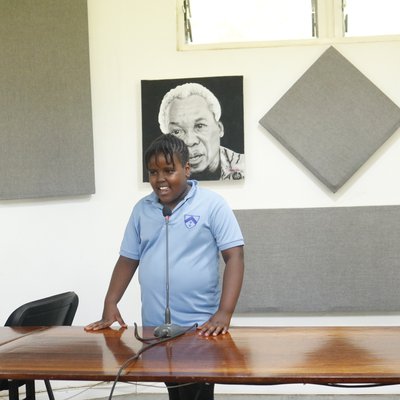
Last week, students in Years Four, Five, and Six completed their Swahili examinations at MS Training Centre for Development Cooperation (MS TCDC), showcasing their proficiency in the language as a reflection of dedication and learning from our language lessons.
At BISA, we prioritise language education, recognising it's significance for our student's future careers. Actively encouraging every child to engage in learning Swahili, a language widely spoken in East Africa and across Sub-Saharan countries, we emphasise its role as a key language for communication in the region, acting as a lingua franca that facilitates communication among people with diverse backgrounds.
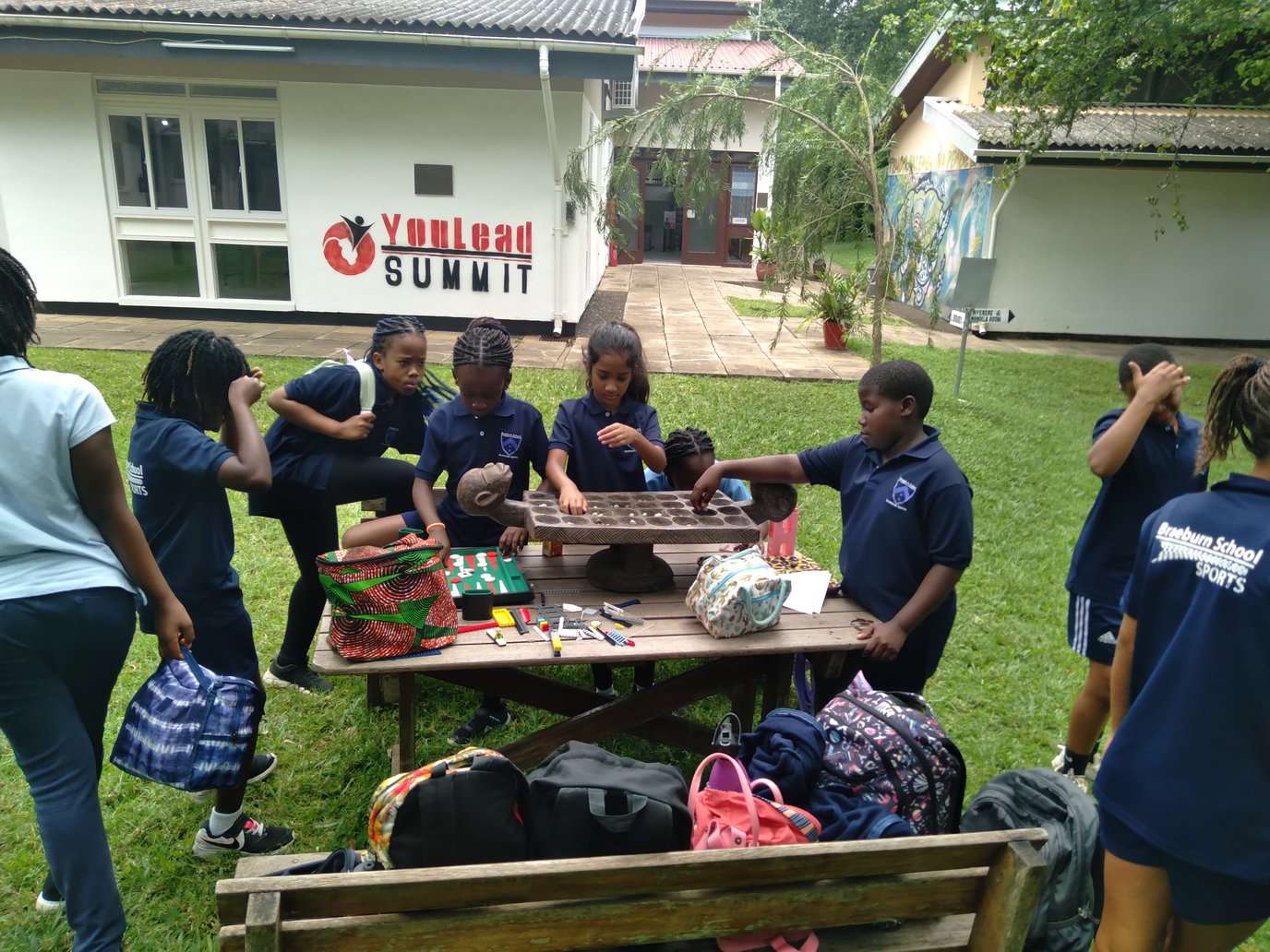
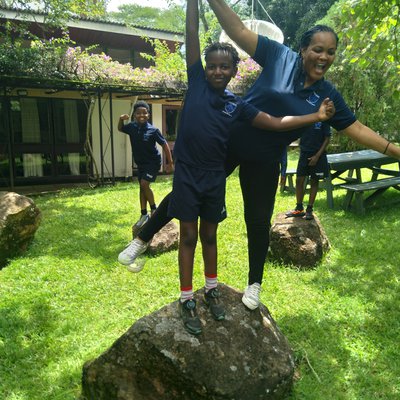
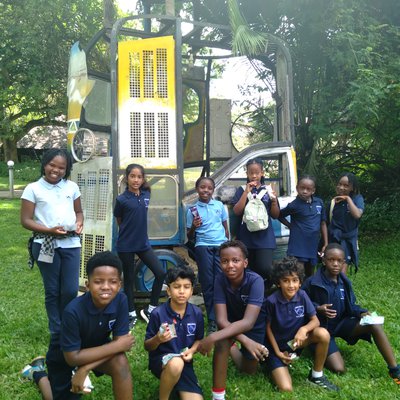
Did you know?
Swahili is not only taught in more than 120 universities worldwide but is also considered a lingua franca for the Pan-Africanism movement, providing a valuable advantage for foreigners working in Africa? Organisations like MS TCDC go a step further by hosting students from Europe and the US for Swahili immersion programs, fostering cross-cultural understanding. At our Centre/BISA, all A-Level classes, regardless of proficiency, can sit for Swahili exams and acquire an international certificate, showcasing their language proficiency. Additionally, MS TCDC offers prestigious US government scholarships, namely the Critical Language Scholarship (CLS) and the African Flagship Language Initiative (AFLI), providing American students with intensive language and cultural immersion experiences. Graduates often find rewarding opportunities as diplomats or with international organisations. The accompanying photos capture the success stories of students who graduated from MS TCDC's study abroad programs and a group visiting the International Residual Mechanism for Criminal Tribunals (IRMCT), highlighting the impactful outcomes of language education and cultural exchange.
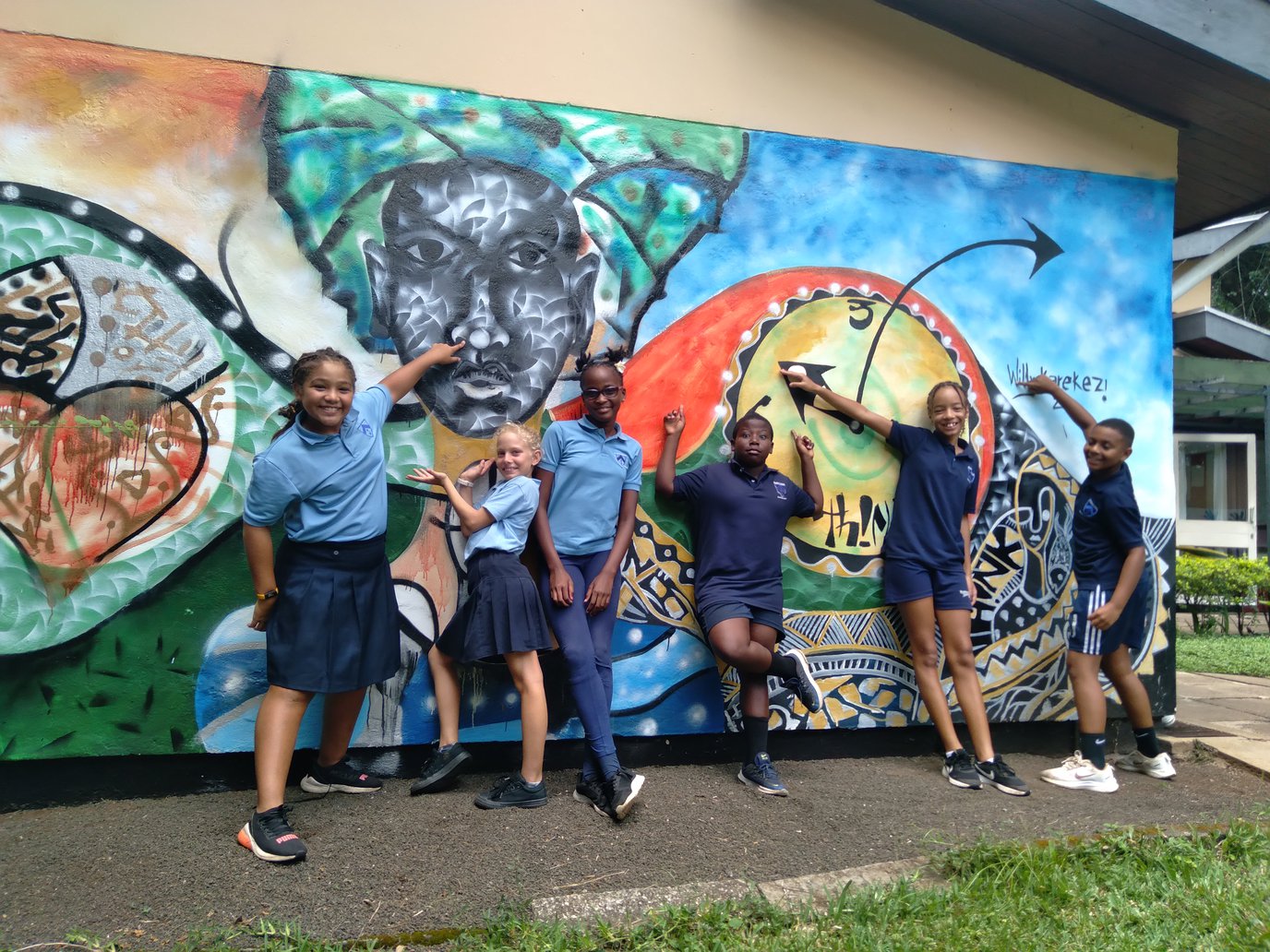
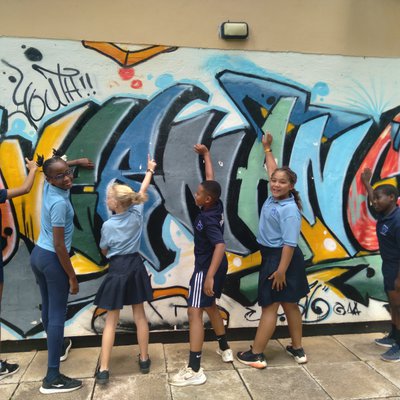
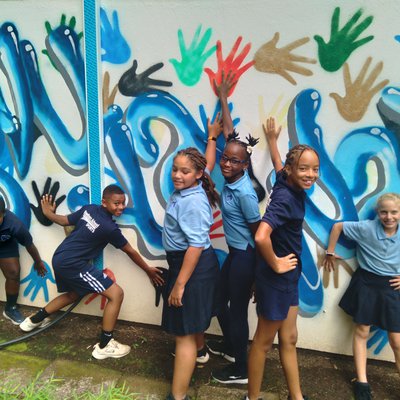
Swahili plays a multifaceted role across vital sectors. Historically, it has served as a trade language along the East African coast, contributing to its widespread adoption in commerce and trade. Enriched by influences from Arabic, Persian, and European cultures, Swahili boasts a rich cultural heritage with a unique blend of linguistic elements and expressions. Recognised as an official language of the African Union and the East African Community, Swahili holds significance in regional diplomacy and international collaboration. In the tourism industry of East Africa, known for attractions like the Serengeti and Mount Kilimanjaro, Swahili is frequently employed, enhancing the travel experience. Taught in schools across East Africa and gaining international interest, Swahili contributes to cultural exchange and global understanding.
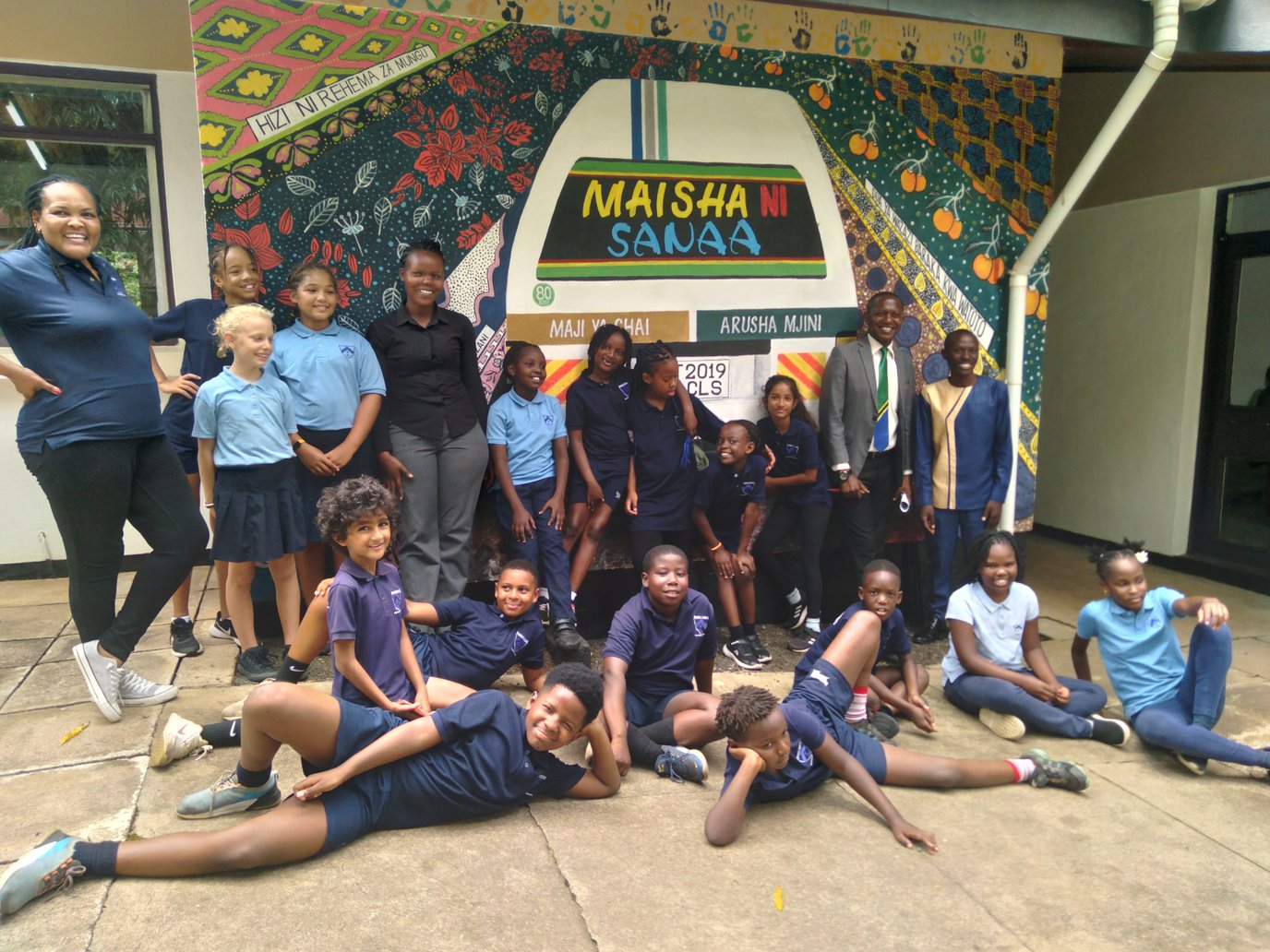
As the world becomes more interconnected, Swahili's importance grows, facilitating communication and collaboration in various global sectors, including business, academia, and diplomacy. UNESCO and the United Nations actively promote Swahili globally, with collaborative efforts from organisations such as WHO, ILO, ITU, UNICEF, and the AU, showcasing a holistic approach that goes beyond linguistic boundaries. The AU's endorsement of Swahili as a unifying language in Africa reinforces the joint efforts of UNESCO and the UN, fostering solidarity among African nations and enhancing the continent's global influence. This collective influence significantly boosts the potential success of the Swahili promotion initiative, exemplifying the transformative power of linguistic inclusivity across diverse sectors and global regions. The well-coordinated efforts reflect a structured and impactful strategy, establishing a commendable precedent for future language promotion endeavours.
Article by Pauline Sekemi











